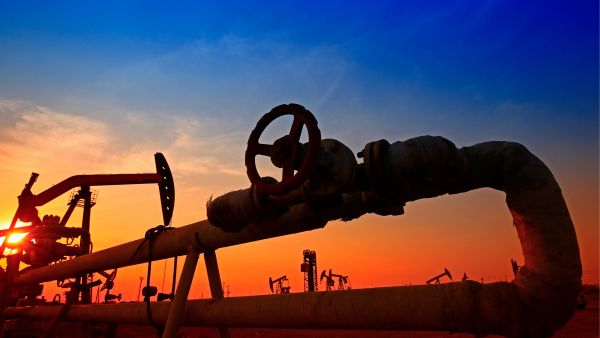Armed groups around the world use trade of minerals to finance their activities, and these "blood-minerals" end up in products such as our mobile phones, computers, fridges or washing machines. Even though the United Nations has well recorded evidence of those mines used to promote violence, in many cases with workers treated as slaves, there is no international law to trace the origin of these minerals*.
The European Union is currently considering a European system to reduce the financing of armed groups and security forces through mineral proceeds in conflict-affected and high-risk areas. The Commission proposal for such a system was considered for the first time yesterday by the committee on development in the European Parliament. The Group of the Socialists and Democrats successfully pushed for a more ambitious and mandatory law to make sure that four "conflict minerals" - tin, tantalum, tungsten and gold - will not be used in products sold in Europe.
The S&D Group will continue to lead the fight for mandatory legislation in the Parliament when this report is voted by the international trade committee and also by the plenary of the Parliament, making sure that the list of conflict-minerals will be enlarged in the future to regulate any mineral that fuels a conflict and human rights abuses.
S&D spokesperson on the conflict minerals, Marie Arena MEP, said:
"The compromise reached yesterday by the development committee is an extremely important step in the right direction. With a binding regulation for the whole supply chain, the EU will become a world leader in the fight against conflicts fueled by natural resources and will show that trade policies are consistent with its goals of development and peace in the world. The committee on international trade must now take the result of yesterday's vote seriously."
S&D spokesperson on conflict minerals in the development committee, Seb Dance MEP, said:
"Many consumers would be horrified if they knew how and from where some of these minerals come from. We don't want to lay the blame with consumers, instead we want to clean up supply chains so that consumers and EU businesses alike know they are not fuelling a bloody war in some far flung corner of the world.
"The unanimous indicative vote yesterday sends a strong message that human rights and development cooperation must be at the heart of all our laws. A strong binding piece of legislation is a win-win situation for developing countries, for consumers and for all European companies."
* The OECD adopted in 2011 the Due Diligence Guidance for Responsible Supply Chains of Minerals from Conflict-Affected and High-Risk Areas (OECD Due Diligence Guidance) and the United States adopted in 2010 the Section 1502 of the US Dodd-Frank Wall Street Reform and Consumer Protection Act. Both are voluntary schemes and limited in their scope.








